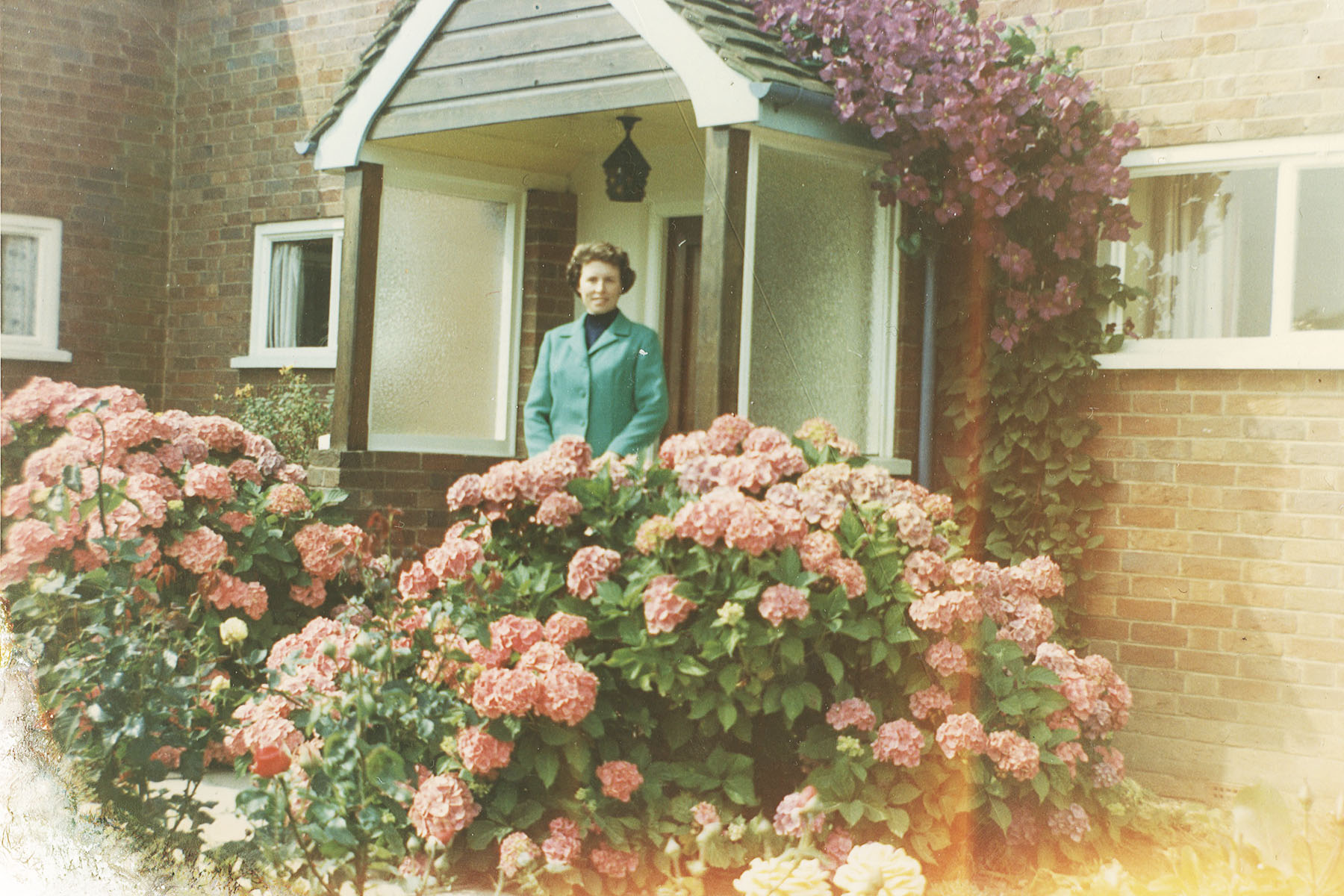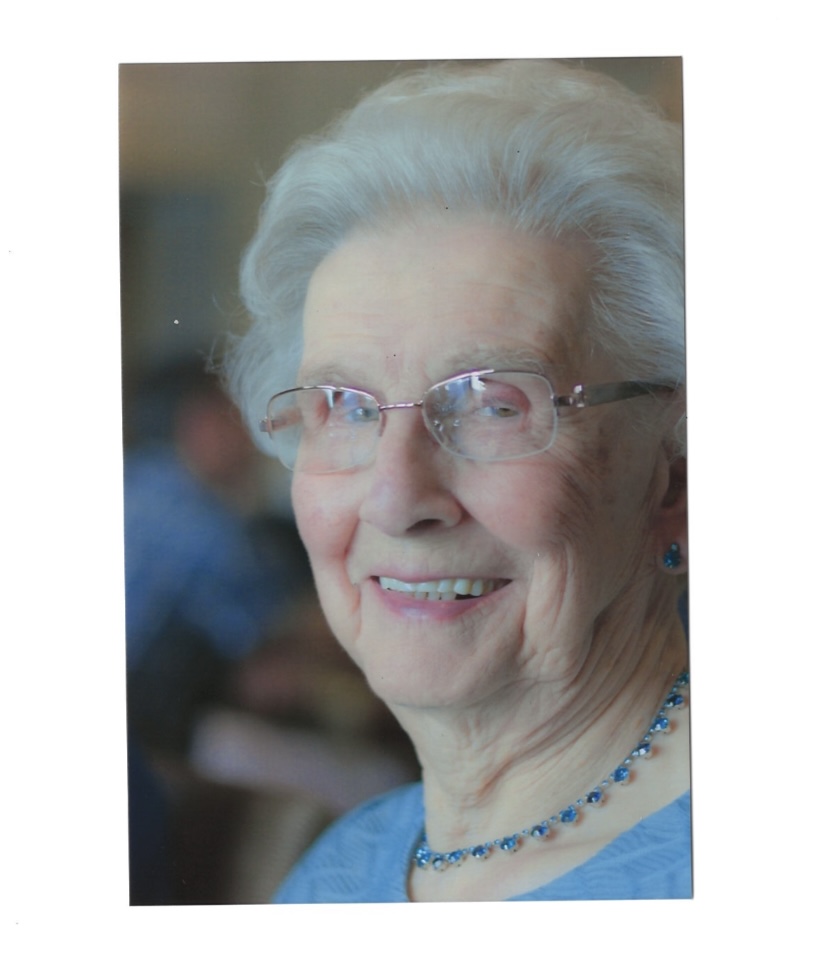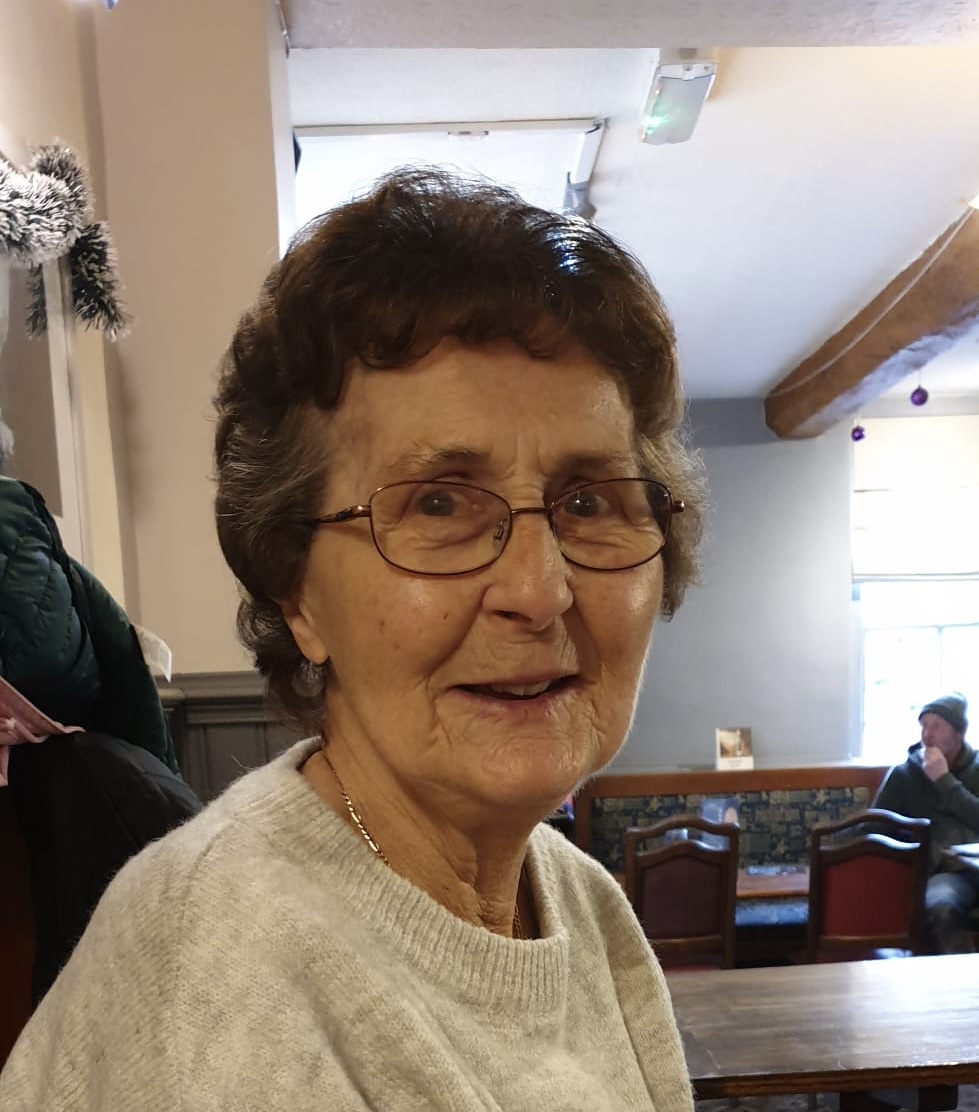From West Mercia Police:
The family of Brenda Venables, who was murdered by her husband David in 1982, have released a statement.
We, Brenda’s nieces and nephews, are relieved that today, after a wait of 40 years, at last there is justice for Brenda. David Venables can no longer get away with having murdered his wife, the hiding of her body, and all his deceit, lies and fabrications.

Firstly, we would like to sincerely thank the many people who have worked hard over the last three years to bring about justice for Brenda. Thank you to the police, the Crown Prosecution Service, homicide support, the witnesses in this case, the barristers, the jury, the judge, and all the staff at Worcester Crown Court for all your time and effort leading up to today’s conclusion.
Our heartfelt thanks to the member of the public who found her remains three years ago. And thank you to our family and friends for your support and understanding as the search for justice for Brenda increasingly took over our lives in the last three years.
We would especially like to mention DC David Jennings, the Officer in the Case (OIC), and Family Liaison Officer (FLO) for most of this case. Very many thanks for your hard work and commitment to this case as the OIC and your extraordinary emotional intelligence as the FLO.
We feel utter horror and despair that Brenda was murdered. She was no harm to anyone, being a gentle and increasingly quiet woman. We’ll never know how she died or how much she suffered. We pray her death was quick.
The torment of her body being found in the septic tank of her house will never leave us. It haunts our nights. We cannot come to terms with her being put in such a repulsive and shocking place. And then, by continuing to use the septic tank, her murderer dishonoured her dead body every day for 30 years after murdering her.

Venables robbed Brenda of the second half of her life and robbed her of any dignity in death. By concealing Brenda’s remains, he made her family live through the hell of not knowing what had happened to her, and robbed the family of the opportunity to bury Brenda for over 37 years. In that time, many close family members have died.
Other women were hurt by Venables’ shockingly repugnant attitude to women. Brenda knew about his affairs during their marriage.
In 1982 the attitude to missing women was different. In this case, Brenda’s husband was seen as her keeper. There was no murder inquiry for 37 years, just a missing person investigation. The details of this case have highlighted substantial progress in those 40 years, both in the professionalism, practices and methods of police investigations, and societal attitudes to women.
We wish that Brenda had been able to leave her marriage. Her suffering and sadness must have been great as her life with Venables became more and more miserable. She was betrayed by his adultery and numerous affairs. She was increasingly cut off from her friends and family. In those later years, her life was narrowly focussed on housework.
Venables’ control of her was absolute by the end, refusing her medical treatment in hospital and controlling every aspect of her life.
Coercive control was not a term used or understood in the 1970s and early 80s. We wish we had sensitively asked her about how life was for her. For many women ground down and controlled by someone else, leaving is an unobtainable fantasy. However, there are good people are out there, who can and will help.
Nowadays, there are many agencies that aim to help both women and men who are subjected to domestic abuse and controlling and coercive behaviour, such as Refuge’s National Domestic Abuse Helpline and West Mercia Police’s Victim Advice Line.
Women are no longer necessarily financially dependent on a man, they can work and earn for themselves, giving them the freedom that Brenda could only dream about.
If Brenda had never met her murderer, we can imagine her cheerful and kind nature would have led her to much joy and happiness as an adult. She would have continued her many friendships, from Young Farmers and beyond.
Her parents would have been spared the unending wait for her return, and been comforted by her continued care of them. We can imagine how much the lives of her two sisters would have been enhanced by Brenda’s presence and her quiet enjoyment of their company. Both her sisters were successful women in their careers. Perhaps Brenda would have been like them. She liked to travel, and perhaps would have joined her two sisters on their many years of holidays together in retirement.
Brenda would have been the family beauty at the weddings of her five surviving nieces and nephews. We would have been so proud of her.
She would have taken great delight in her 10 great nieces and nephews, perhaps seeing herself reflected in the culinary skills of one, the polished beauty of another and the active empathy of a third. We continue to miss Brenda and we will never forget her. Her characteristics live on in our family.
After 40 long years, we pray that you can at last rest in peace, Brenda.




